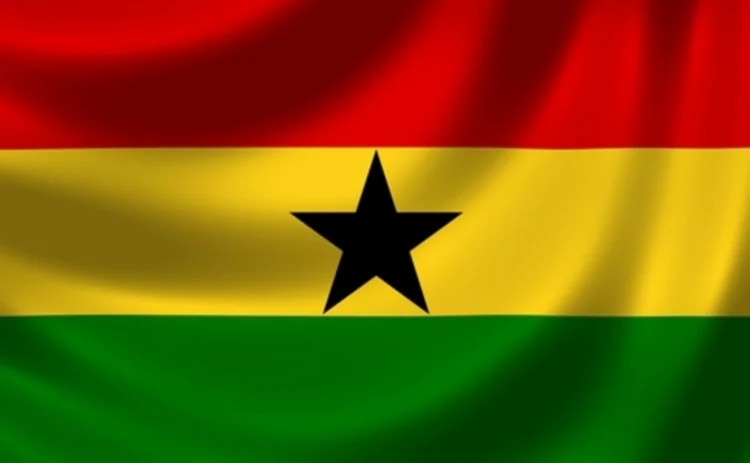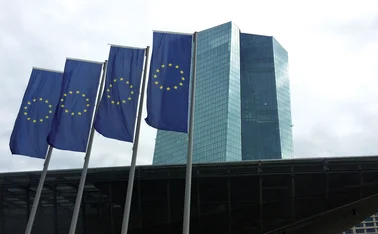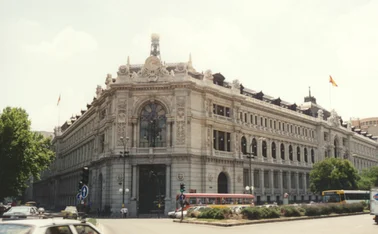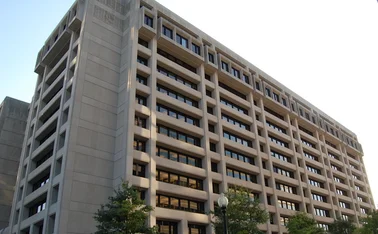
Ghana requests IMF bailout to bridge fiscal deficit
Ghanaian currency is world's worst performer this year

Ghana officially asked the International Monetary Fund (IMF) for a bailout on Friday, to bridge widening fiscal deficits and stem depreciation of the cedi – the world's worst-performing currency this year.
"IMF management received a formal request from the Ghanaian authorities to initiate discussions on an economic programme that could be supported by the IMF," said the Fund's deputy managing director, Min Zhu, in a statement.
"The Fund stands ready to help Ghana address the current economic challenges it is facing," said Zhu, adding that the organisation expects to send a team to Accra early next month to discuss the situation.
The cedi has dropped from 2.34 to 3.62 against the dollar since the start of 2014, pushing inflation up to 15% and slowing economic growth.
Meanwhile, rising interest costs and weaker revenue growth on the back of increasing macroeconomic uncertainty is expected to push the budget deficit to more than 10% of GDP this year, according to Fitch. The ratings agency noted in June that 2014 will see "the third-consecutive year of double-digit budget deficits and above the government's target of 8.5%".
Speaking at the US-Africa leaders' summit in Washington, DC last week, Ghanaian president John Dramani Mahama said the government reached out to the IMF to restore policy credibility. "We are going to discuss with the IMF how we can turn the deficit around quickly and create the kind of confidence, even in the short-term narrative," he said.
"As much as we have tried to draw attention to Ghana's potential, there is too much fixation with the short-term narrative. Yes, there has been a deficit and inflation has gone up, but we have put in measures to turn that around," Mahama added.
Ghana, long hailed as one of Africa's economic star performers, has seen investor confidence evaporate over the past year, with public debt expected to shoot up from last year's figure of 45% to more than 60% by the end of 2014.
Debt-servicing costs have also risen sharply, to an estimated 6% of GDP – up from 3.3% in 2011 – according to Fitch, which placed Ghanaian government debt on ‘negative outlook' in March.
Mahama, meanwhile, highlighted measures the government is taking to counter the "unfortunate international narrative" that has emerged about Ghana's medium-term prospects. "We are taking subsidies off fuel and the utilities, and streamlining the spiralling public-sector wages. We are working to improve revenue collection and efficiency in collecting taxes, and also reforming the public financial-management system," he said.
Only users who have a paid subscription or are part of a corporate subscription are able to print or copy content.
To access these options, along with all other subscription benefits, please contact info@centralbanking.com or view our subscription options here: http://subscriptions.centralbanking.com/subscribe
You are currently unable to print this content. Please contact info@centralbanking.com to find out more.
You are currently unable to copy this content. Please contact info@centralbanking.com to find out more.
Copyright Infopro Digital Limited. All rights reserved.
You may share this content using our article tools. Printing this content is for the sole use of the Authorised User (named subscriber), as outlined in our terms and conditions - https://www.infopro-insight.com/terms-conditions/insight-subscriptions/
If you would like to purchase additional rights please email info@centralbanking.com
Copyright Infopro Digital Limited. All rights reserved.
You may share this content using our article tools. Copying this content is for the sole use of the Authorised User (named subscriber), as outlined in our terms and conditions - https://www.infopro-insight.com/terms-conditions/insight-subscriptions/
If you would like to purchase additional rights please email info@centralbanking.com
Most read
- ECB says iPhone is currently incompatible with digital euro
- Supervisors grapple with the smaller bank dilemma
- ‘Do I die, or do I survive?’ Officials reflect on Basel III complexity







